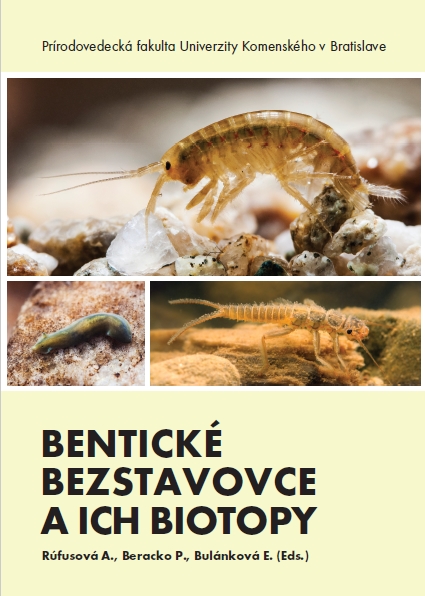Team of Invasion Biology and Ecomorphology of fish
The team of Invasive Biology and Ecomorphology of Fish led by proffesor V. Kováč focuses on research of Biological Invasions and Biology of Fish, especially Ontogenesis, Ecomorphology, Ecology and phenotypic plasticity. Biological invasions are currently among the most actual topics in ecology worldwide. They have acquired such a scale that they have become a global environmental problem. Their impact varies from local events through the extinction of endemic species to changes in biocenoses or entire ecosystems, while they are also responsible for serious economic losses or threats to human health. On the other hand, invaded habitats provide excellent in-situ laboratories for research of biological phenomena associated with the adaptation of organisms to the new environment. The results of the team contribute to the understanding of the basic principles of biological systems functioning at the level of individuals and populations, especially their ability to respond to changes in environmental conditions. Among the top results of the team is the formulation of several biological theories with a wider application, e.g. "theory of synchrony and heterochrony in ontogenesis" and "theory of alternative ontogenesis and invasive potential". The first of these theories provided a new perspective on the developmental processes of multicellular organisms (at example of fish), the second explains why some organisms can be as successful in biological invasions.
In 2012, the ARRA Agency identified the research team Kováč V., Katina S., Záhorská E. as a top team of Comenius University, which belongs in its scientific field (Plant and Animal Sciences) to the best 1% in the world. In 2015, the Accreditation Commission of the Government of the Slovak Republic identified the scientific team "Invasive Biology and Ecomorphology of Fish" (Kováč V., Katina S., Záhorská E., Novomeská A.) as one of the top scientific teams of Universities in Slovakia.
Current project of the team:
Development of the methodology for assessing the ecological potential of significantly altered water bodies (HMWB) based on ichthyocenoses (FISHPOT) (APVV, project no. APVV-16-0253, 2017-2021).





